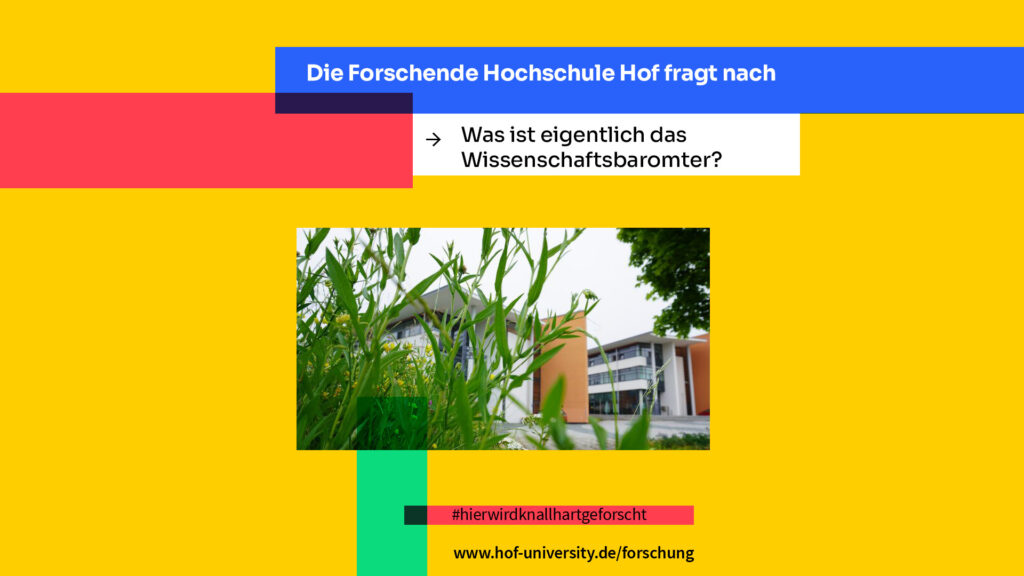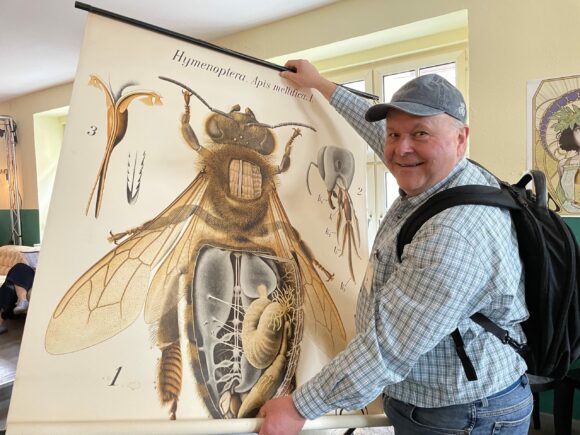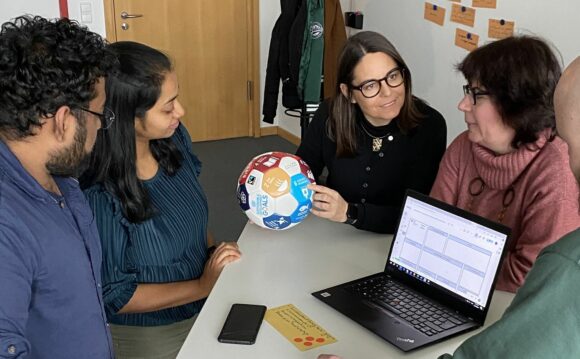With the Science Barometer, “Wissenschaft im Dialog” has been regularly determining the attitudes of the population toward science and research in population-representative surveys since 2014. It is the “organization of science” for science communication in Germany.

What do the surveys seek to clarify? Typical questions include “What is the level of trust in science?”, “What social role do science and research play in the eyes of citizens?” and “How much interest is there in scientific topics and what channels do people use to find out?”
In each case, the surveys cover current issues, such as in 2016: “Flight and integration,” in 2017: “Research too little considered in Bundestag elections,” in 2018: “Science’s orientation toward the common good,” or in 2019: “Should science speak out when it is not heard by politics?”
Since 2020, the Corona virus has been at the forefront as a topic of discussion. It becomes clear how important a regular science survey is. Only in this way can reliable statements be made about developments and trends in public opinion on science and research in Germany.
One topic that has also been the subject of much public debate over the past year and a half is the relationship between science and politics. The Science Barometer 2021 therefore also asks about people’s attitudes and opinions on issues and processes of scientific policy advice.
Trust in science remains high
The increased trust in science and research in the context of the Corona pandemic (2020: 60%, 2019: 46%, 2018: 54%, 2017: 50%) is similar to the November 2020 survey, at 61%. Only the two surveys conducted as part of the “Corona Special” in April and May 2020 showed higher values for public trust in science, at 73% and 66%, respectively.
However, skeptical voices remain: For example, 39% somewhat or strongly agreed with the statement “Scientists are not telling us everything they know about the coronavirus” (19% undecided, 40% somewhat disagree or strongly disagree). Twenty-six percent agreed with the statement that the pandemic is being made into a bigger deal than it actually is (12% undecided, 61% somewhat disagree or strongly disagree).
Political decisions should be based on scientific findings
The high level of trust in science and research is also accompanied by a desire for political decisions to be based on science: more than two-thirds of respondents (69%) believe that political decisions should be based on scientific findings. 75 percent also believe that science should take a public stand when political decisions do not take scientific findings into account. In contrast, only 32 percent of respondents agree with active interference by scientists in politics (23% undecided, 44% disagree)
Source: Science in Dialogue







